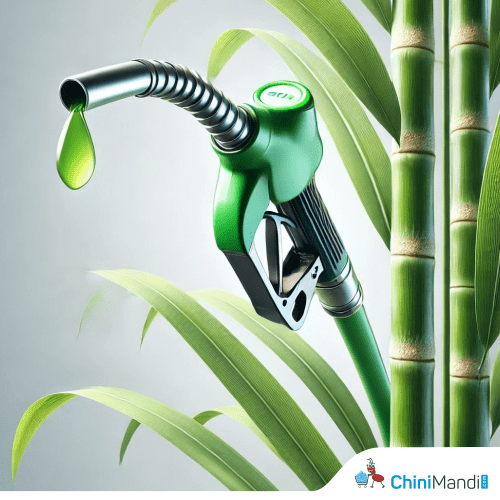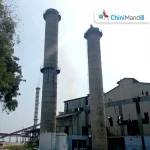In an effort to reduce fossil fuel reliance, cut carbon emissions, and boost the use of renewable energy, Pakistan is following India’s footsteps and considering a plan to blend 5% ethanol with petrol. The government is expected to approve an Ethanol Blending Programme (EBP) to achieve these goals, reported Pakistani Media.
The significant progress India has made in ethanol blending is being applauded by many countries around the world. It has not only helped reduce reliance on crude imports but also assisted in enhancing farmers’ incomes and helping the sugar industry overcome surplus sugar concerns. Ethanol is evidently being a game-changer for the Indian sugar industry with the aim to enhance India’s energy security. India has successfully met its blending targets in the past and remains on course to achieve 20% blending soon.
The draft of the Pakistan’s Ethanol Blending Programme will soon be presented to the Economic Coordination Committee (ECC) of the Cabinet for approval. The plan comes after country’s Prime Minister Shehbaz Sharif formed a committee on June 23, 2024, to develop a strategy for blending ethanol into petrol, reported The Nation.
The committee, led by the Minister of Petroleum, includes the Finance Minister, the Minister of State for Finance, and the Secretary of Petroleum. After consulting with various stakeholders, the committee has finalized the draft of the Ethanol Blending Programme.
The proposed programme aims to gradually create a sustainable market for ethanol-blended petrol in Pakistan. It encourages oil refineries to voluntarily mix ethanol into petrol, which would then be sold as standard petrol across the country. However, this would depend on the availability and economic feasibility of ethanol.
In Pakistan, sugarcane molasses is the primary source of ethanol production. Blending ethanol with petrol will help reduce the country’s reliance on fossil fuels, lowers carbon emissions, and promotes renewable energy.
This initiative has the potential to bring significant economic and strategic benefits, such as reducing oil import costs, diversifying energy sources, and supporting the growth of a domestic renewable energy market.
Pakistan has previously experimented with ethanol-blended petrol. In 2009-10, the government introduced E-10, a blend with 10% ethanol, on a trial basis. The fuel was sold at a slightly lower price than regular petrol and was initially marketed in Sindh before expanding to major cities in Punjab. However, the project was discontinued after a year due to challenges such as the limited availability of fuel-grade ethanol, concerns from car manufacturers, and rising ethanol export prices in the global market.
The new Ethanol Blending Programme is based on a review of global best practices, Pakistan’s petroleum market, and the country’s ethanol production capabilities. The plan aims to integrate ethanol blending into Pakistan’s fuel supply effectively, balancing immediate needs with long-term sustainability goals.
According the salient features of the draft EBP are, due to current limited availability of fuel grade ethanol, voluntary blending of up to 5% ethanol is arrowed in monograde petrol by refineries, as per media report.
To oversee the programme, the draft recommends forming a committee led by the Minister of Petroleum. This committee would provide strategic direction and review the programme every six months for improvements.
For the long term, the committee suggests gradually increasing ethanol production and exploring alternative sources beyond sugarcane molasses. The programme also recommends working with car manufacturers to develop engine technologies that support higher ethanol blends.












